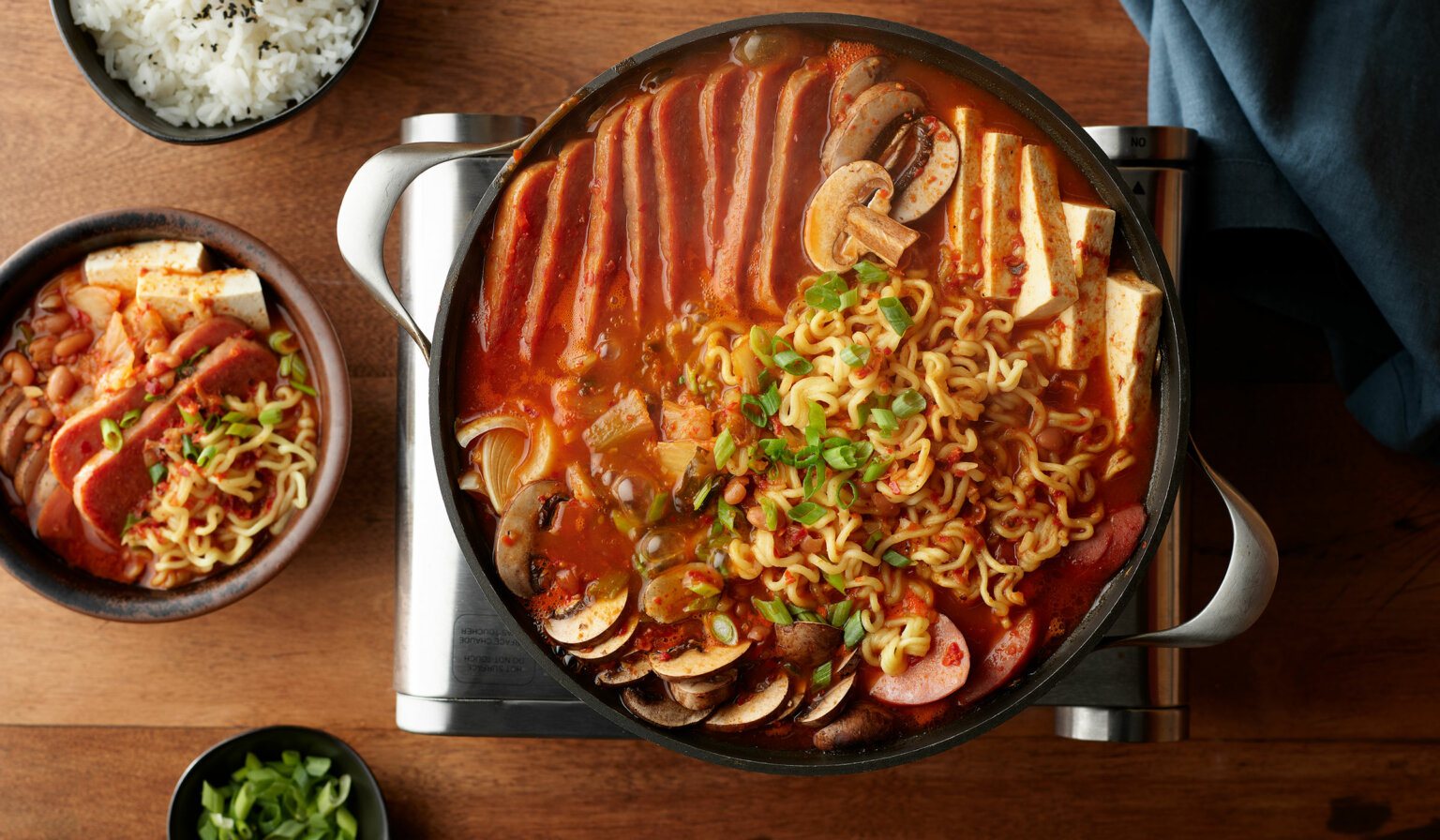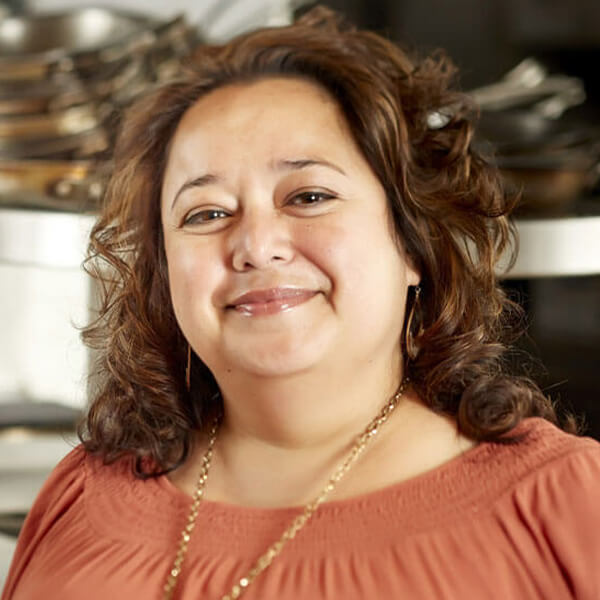In a cozy kitchen in Tulsa, Oklahoma, a mom opens her pantry door and starts pulling out ingredients: SPAM® Classic, rice, peanut butter, fish sauce. She laughs as she arranges them on her counter. “I can make a week’s worth of meals out of this if I have to.”
For Dr. Tanya Rodriguez, senior cultural anthropologist at Hormel Foods, seeing this provided the perfect snapshot of today’s modern pantry. What she witnessed goes beyond traditional grocery shopping; it was an example of a family making savvy choices while managing changing prices, busy schedules and an appetite for new flavors. Rodriguez has seen this play out across the country. The modern pantry isn’t just about what we store. It’s about how we live, adapt and connect through the foods we share.
“The landscape for buying food has become much more thoughtful than ever before,” Rodriguez explains. “People are thinking strategically now. There’s an added layer of consideration — food prices, family needs, time constraints — that makes every choice feel more important. It’s not just, ‘What do I feel like eating tonight?’ It’s, ‘What will last? What can I use in multiple ways? What’s going to work for my family this week and next?’”
For many families, the stakes feel higher than ever.
“Brand trust and quality drive shoppers at all income levels to select branded products over private labels,” says Eric Gudgel, Retail category business manager Hormel Foods, specializing in dollar-store channels. “Not getting value for your expenditure is too costly when you are on a tight budget.” Branded items like PLANTERS® peanuts still outsell private labels due to the quality and trust consumers have in the brand. Creating these trustworthy brands is why Hormel Foods products have been staples in pantries for generations.
“[Dollar stores] serve millions of shoppers, many in rural or food-desert areas where these stores are the primary grocery source. Some of these consumers might not have reliable transportation, so a trip to a larger supermarket is not realistic,” Gudgel explains. “But we’re also seeing a broader spectrum of consumers choosing these value outlets. Being a smart shopper has become something to celebrate, not hide.”
The stigma around value shopping has virtually disappeared. Rodriguez has witnessed this transformation firsthand: “I’ll meet people who drive luxury SUVs and still brag about the deals they find at different outlets. Value has become a shared language, not a dividing line.”
Hormel Foods embraces this by expanding offerings that fit seamlessly into diverse cooking styles — from globally-inspired SPAM® brand recipes to authentic Mexican chorizo and fresh takes on classic chili. In today’s pantry, relevance means being part of both everyday meals and special celebrations.
Security in the Cupboard
The pandemic reinforced what many families instinctively knew: fresh ingredients can spoil, but shelf-stable goods offer invaluable peace of mind. “No one wants to feel insecure about feeding their family,” Rodriguez says. “Even if they’re not eating SPAM® products or canned chicken every day, people appreciate knowing it’s there. It’s security in a can.”
Dave Anderko, insights lead at Hormel Foods who works closely with shelf-stable categories, sees this segment as uniquely valuable for everyone involved. “Shelf-stable is one of the few categories that truly works for both retailers and consumers,” he says. “It gives retailers stocking flexibility and gives consumers confidence that what they buy today will still be ready when they need it.”
For Anderko, true value isn’t about racing to rock-bottom prices: “We’re not trying to win on cheapness. We’re trying to win on being the product you trust to deliver value every time, whether you found it in the premium aisle or the value section.”
As Baskin sees it, value has transformed from a static concept into something dynamic and relationship-based. “It’s moving from a math problem to a connection,” he says. “Price will always matter, but so will versatility, cultural relevance and trust in a brand’s promise.”
For Hormel Foods, this means thinking beyond the product itself. Packaging innovations that extend freshness, recipes that inspire multiple uses, and product lines that meet specific cultural preferences all contribute to the value equation. In practical terms, it’s about making every purchase count twice — once at the register, and again at the dinner table.
Looking ahead, Rodriguez believes the definition of value will continue to evolve. “As our communities become more diverse, our idea of a well-stocked pantry becomes more diverse too,” she says. “If brands can continue meeting people where they are and where they’re going, they’ll remain part of families’ stories for generations to come.”










